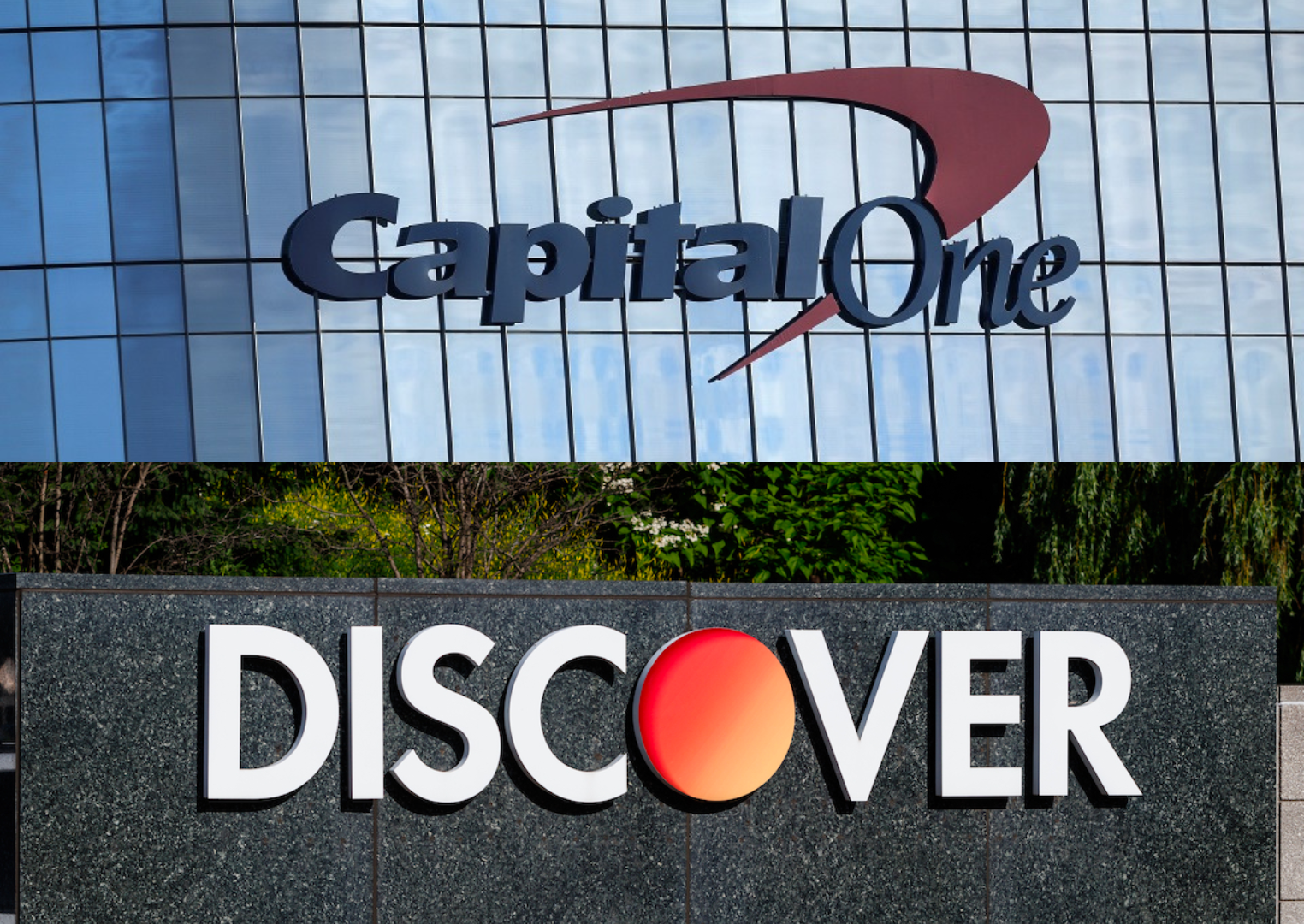
Capital One has recently unveiled a monumental $35.3 billion acquisition of Discover Financial, marking a strategic maneuver aimed not only at expanding its market share but also at safeguarding its position amidst the rapidly evolving fintech landscape and tightening regulatory frameworks. This acquisition is poised to catapult Capital One past JPMorgan Chase, crowning it as the largest credit card issuer by loans and fortifying its status as the third-largest in terms of purchase volume.
Why Did Capital One Acquire Discover?
Central to this acquisition is a strategic vision crafted by Capital One’s CEO, Richard Fairbank, known for his innovative and forward-thinking approach to finance. Since co-founding Capital One, Fairbank has transformed it from a credit card company into a banking powerhouse, now taking a significant leap towards realizing his vision of Capital One as a leader in the global digital payments arena.
Fairbank’s strategy revolves around leveraging Discover’s robust payment network, the essential “rails” facilitating digital transactions between consumers and merchants. This network stands as a critical asset, placing Capital One in a unique position to directly engage with merchants and streamline the transaction process, a move anticipated to set new standards in the financial industry’s approach to digital payments.
The Significance of Discover’s Payment Network
Discover’s network, although the smallest among the four major card networks including Visa, Mastercard, and American Express, represents a “Holy Grail” for Capital One. It offers an unparalleled opportunity to innovate within the payment processing domain, directly influencing the dynamics between merchants, consumers, and financial institutions. Fairbank envisions a future where Capital One can offer enhanced services to merchants and consumers alike, leveraging the network to offer unique loyalty programs, advanced fraud prevention tools, and richer data insights, thereby cementing its position in a fiercely competitive market.
Key Financial Implications of the Merger:
- Digital Banking Assets: Inherits Discover’s digital bank with $109 billion in total deposits.
- Cost Savings: Expected to generate $1.5 billion in cost savings by 2027.
Will Regulatory Challenges Impact the Merger?
However, the broader implications of Capital One’s acquisition extend beyond immediate financial benefits and market positioning. The move is seen as a direct response to the challenges posed by fintech companies and big tech’s foray into financial services, offering a blueprint for how traditional banks can navigate the future of digital payments. By owning a payment network, Capital One aims to forge a more integrated, efficient, and consumer-friendly ecosystem, positioning itself at the forefront of the industry’s evolution.
Yet, the success of this ambitious merger hinges on regulatory approval, amidst an environment where scrutiny of large-scale mergers and acquisitions has intensified. With high-profile figures like Senators Elizabeth Warren and Sherrod Brown expressing concerns over the deal’s impact on consumers and small businesses, the regulatory path to finalizing the merger remains uncertain. Critics argue that the merger could enhance Capital One’s market dominance to the detriment of consumer choice and competition, a perspective that could influence regulatory decisions.
Regulatory Concerns and Potential Impact:
| Concern | Details |
|---|---|
| Market Dominance | Critics worry the merger could reduce consumer choice and stifle competition. |
| Consumer Impact | Concerns over potential negative impacts on consumers and small businesses. |
| Legislative Changes | Proposed changes could affect credit card rewards programs, with Discover’s network possibly exempt. |
| Regulatory Approval | Uncertainty remains whether the merger will receive the green light from regulators. |
Furthermore, the transaction arrives at a time when proposed legislative changes threaten to upend the economics of credit card rewards programs, potentially benefiting Discover’s network, which remains exempt from such limitations. This aspect underscores the strategic foresight behind Capital One’s acquisition, potentially insulating it from adverse regulatory impacts while securing a competitive advantage in the digital payments landscape.
In conclusion, Capital One’s acquisition of Discover Financial is a bold stride towards redefining the future of banking and digital payments. It reflects a strategic bet on the importance of direct merchant engagement and the integration of payment processing networks as pivotal elements in the financial sector’s evolution. As the industry anticipates the merger’s regulatory fate, the deal’s broader implications for the market, competition, and consumer services remain a focal point of discussions, setting the stage for a transformative shift in the financial services landscape.
Related News:
Featured Image courtesy of Win McNamee/Getty Images and Jonathan Weiss/Shutterstock
